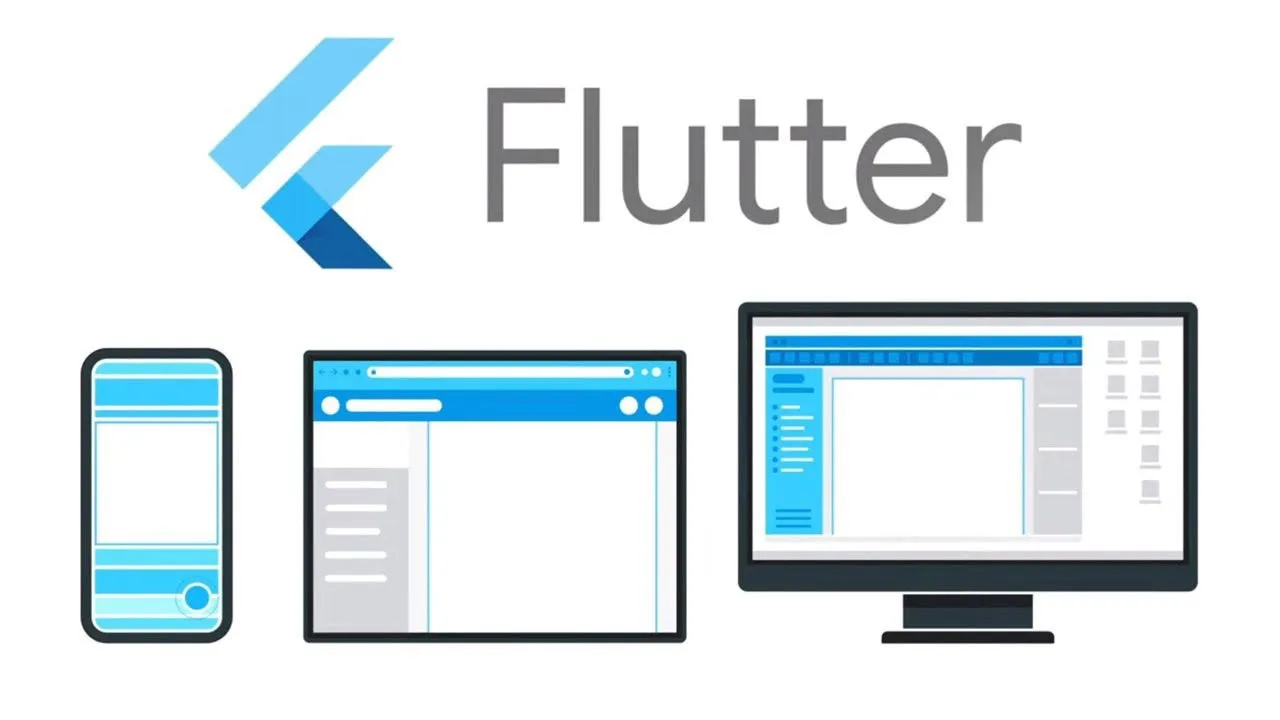The Future of Mobile Apps: Predictions and the Role of Flutter

Remember when building an app for each platform felt like reinventing the wheel? Those times seem distant now. Today, we’re witnessing a shift in how apps are crafted, thanks to tools that allow for development across multiple platforms simultaneously. At the heart of this change is Flutter. As we explore the mobile app landscape, it’s crucial to grasp why Flutter has become such a favorite for developers and businesses and how it’s simplifying the once-complex world of app development.
The Evolution of Mobile Apps
From native to cross-platform
Well, first off, it’s a brainchild of the folks over at Google (and they know a thing or two about tech, right?). Developers are all over Flutter because it’s straightforward, makes apps look good, and is super speedy. And if you’re a business thinking of getting an app made, going the Flutter route could save you some bucks and get your app out there faster.
Why Flutter stands out
Created by the tech giants at Google, Flutter brings a lot to the table. Developers love it because of its unified approach, its ability to create beautiful user interfaces, and its top-notch speed. Plus, for companies wanting to jump on the Flutter bandwagon and hire Flutter developers, they’re in for a treat with potentially lower costs and quicker launch times.
Predictions for the Future of Mobile Apps
Increased demand for cross-platform apps
Companies want their apps to be seen and used by as many people as possible. So, it’s no surprise that there’s a growing need for apps that work across all devices. This shift is only going to make tools like Flutter even more essential in the world of app creation.
Integration of Augmented Reality (AR) and Virtual Reality (VR)
AR and VR are no longer confined to gaming. From real estate to healthcare, various sectors are leveraging these technologies to enhance user experience. Mobile apps will increasingly integrate AR and VR features, and platforms like Flutter will need to adapt to support these functionalities.
Enhanced security measures
With cyber threats becoming more sophisticated, mobile apps will prioritize security more than ever. Developers will focus on building apps with robust security protocols to protect user data.
AI and machine learning integration
Artificial Intelligence (AI) and Machine Learning (ML) will play a pivotal role in making apps smarter. From personalized recommendations to predictive analytics, these technologies will redefine user experience.
The Role of Flutter App Development Services
Adapting to Future trends
Flutter’s flexibility makes it well-equipped to adapt to the evolving mobile app trends. As businesses look to integrate AR, VR, AI, and ML into their apps, Flutter app development services will be instrumental in making this transition smooth.
Empowering businesses with customization
Flutter’s widget-based architecture allows for high customization, enabling businesses to create unique and brand-centric apps. As differentiation becomes key in a saturated app market, Flutter’s ability to offer bespoke solutions will be invaluable.
Facilitating rapid development
In a fast-paced digital world, businesses need to launch their apps quickly to stay competitive. Flutter’s hot-reload feature and single codebase can significantly reduce development time, making it a top choice for businesses.
Conclusion
The realm of mobile app development is in a state of dynamic evolution, and Flutter has firmly positioned itself as a cornerstone of this change. For businesses, Flutter offers a pathway to efficiency, ensuring they remain competitive in a bustling app market. Developers, on the other hand, are provided with a tool that merges simplicity with versatility, allowing them to craft apps that resonate across platforms. As we gaze into the horizon of app development, it’s clear that Flutter is not just a fleeting trend; it’s a guiding force shaping the future of mobile experiences.